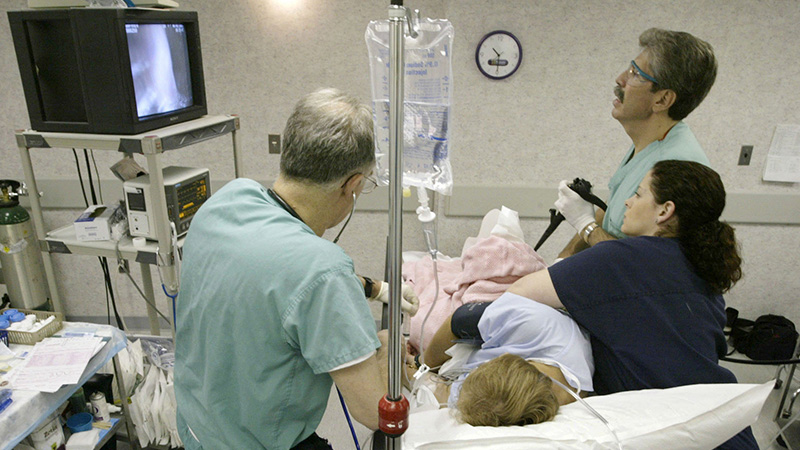An anal fistula is a faulty connection between the lining of your anal canal and the skin near your anus. The majority of anal fistulas are caused by an abscess in your anal canal. The pus might flow onto your skin naturally or surgically. A fistula occurs when the path produced by pus on its way to the surface of your skin remains open. The surgery is often conducted under general anesthesia. However other anesthetic approaches are available. The procedure typically takes 15 to 30 minutes. To reduce the risk of bowel incontinence (passing a bowel movement without wishing to), your therapy may include many surgeries spread out over several months. The sort of fistulotomy surgery required will be determined by the location of the fistula:
- If the fistula is below or crosses the lower section of the sphincter muscles that are around your anal canal that govern when you open your intestines, the surgeon will cut the fistula open to your skin and leave the incision open so that healthy tissue may regenerate.
- If the fistula contains branches that travel through the upper section of the sphincter muscles, your surgeon may instead insert a specific suture to allow pus to drain readily.
- The fistula may be treatable with specific adhesive, clips, or a plug made of pig intestinal tissue.
- If the fistula extends beyond your sphincter muscles, you may require a temporary colostomy your large bowel opening onto your skin. You can also treat them with fistulotomy surgery

How can I prepare for the procedure?
- If you smoke, quitting now may minimize your chance of problems and enhance your long-term health.
- Strive to keep a healthy weight. If you are overweight, you are more likely to suffer issues.
- Frequent exercise should help you prepare for the procedure, recover from it, and enhance your long-term health. Before you begin exercising, seek counsel from your healthcare team or your primary care physician.
- If you have not had the coronavirus (Covid-19) vaccination, you may be at a higher risk of serious disease caused by Covid-19 while recovering. Talk to your doctor or healthcare team if you would want to receive the vaccination.

